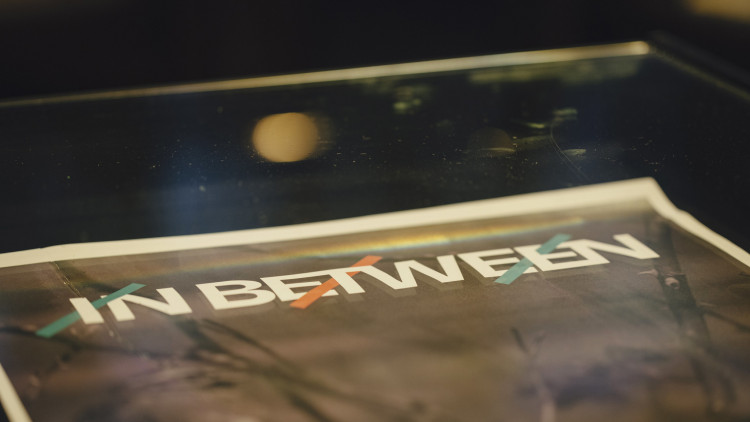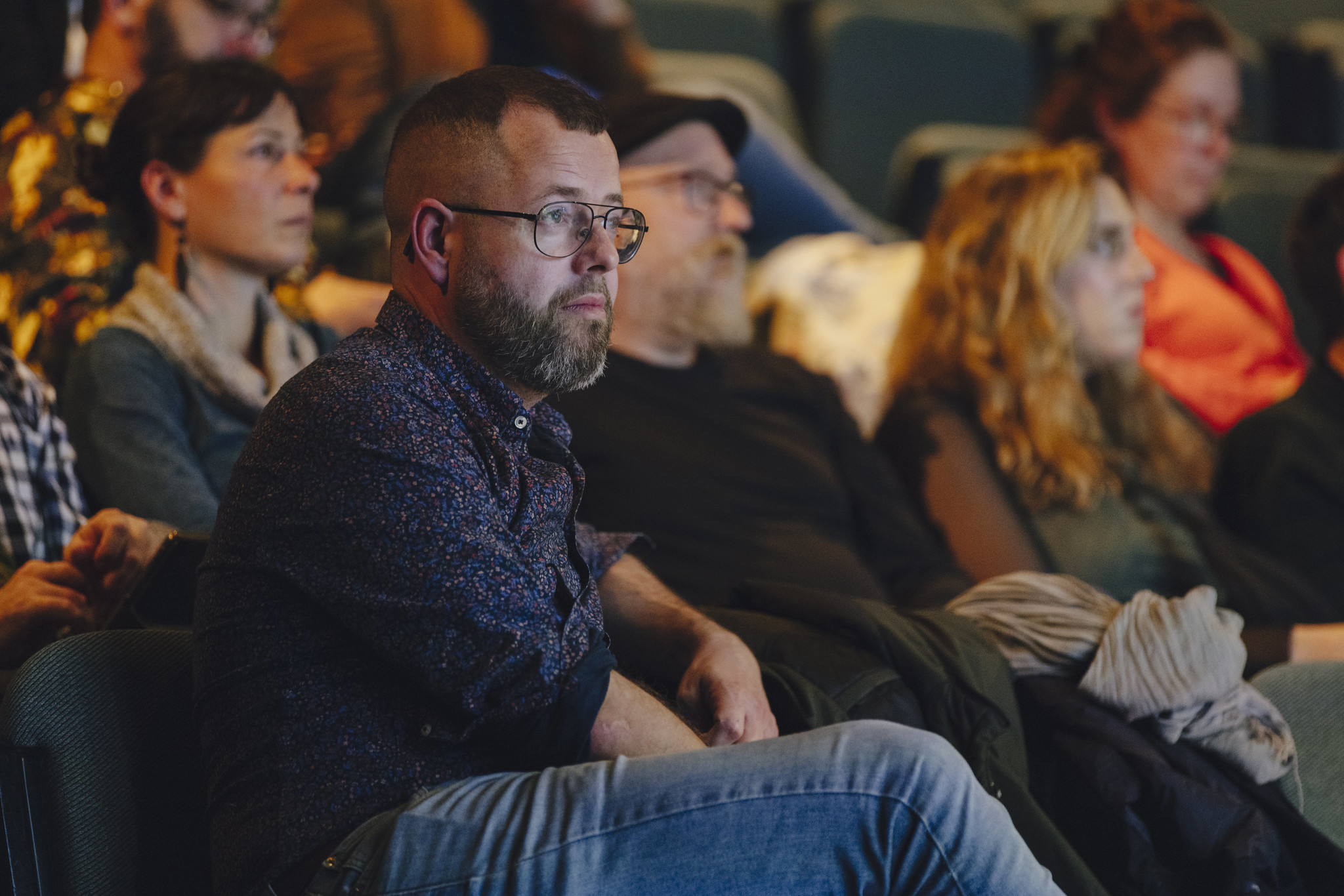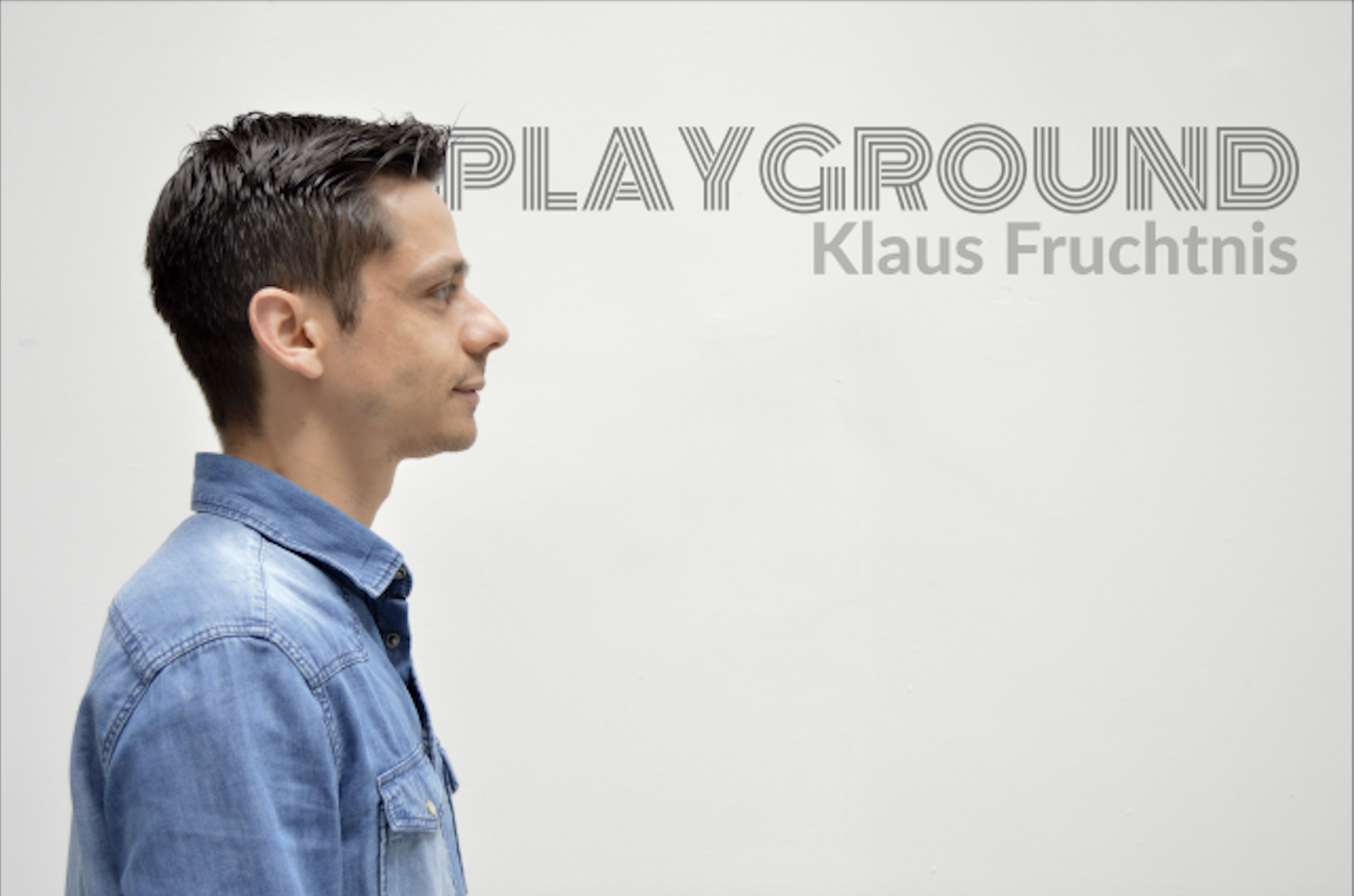On Evaluation in Artistic Mediation. A conversation between Klaus Fruchtnis and Fran Quiroga

The initiative 'In Between. For mediation in Europe that strengthens communities' aims to intensify a type of cultural mediation that strengthens democracy and citizen participation.
In this exchange in interview-format, Klaus Fruchtnis, a French-Colombian artist and researcher whose work is characterised by the integration of art with socio-political issues and since 2022 in charge of the 'Citizen Art' axis at the Fondation Daniel and Nina Carasso in France, talks to Concomitentes coordinator Fran Quiroga about the 'In Between' platform, presented in Seville on 29 November, which aims to intensify a type of cultural mediation that strengthens democracy and citizen participation.
(KF) Artistic mediation embeds itself into the social and cultural fabric, so it transcends the traditional boundaries of art and its production, becoming a vital assemblage in society. This new approach sets us apart from conventional forms of museum mediation, promoting real social engagement and generating spaces in which art is a crucial catalyst for dialogue and mutual understanding. By emotionally engaging people, we motivate them to reflect and act in different ways, and to think beyond the institutional context. This model highlights the importance of practice, process, participation and democracy as powerful tools for social and cultural intervention, which actively encourage cultural participation.
(FQ) This ‘relational’ model also encompasses the fetish of the work of art: the relationship we establish with an artwork as visitors, cultural mediators and artists. That’s the point at which we have the opportunity to modify this ‘relationship’ and to reflect on these kinds of processes and mechanisms of affect—an exercise in giving back and closing the gap of that one-way transmission. In other words, ‘this triggers a change in me, but how is it changing you?”
(KF) That’s right, the mechanisms that bring about lasting change are crucial. Whenever we think about how to use the cultural rights approach in our projects, we have to address the issue of how to measure or demonstrate their success. Qualitative indicators are essential here, reflecting the qualitative nature of these projects. We can use more relational means of evaluation that are not top-down and measure people’s level of connection with the process and its specific impact on them. The notion of ‘time’ is key because all mediation requires time to build a relationship of trust, a bridge between two parties, which is essential to humanise discussions and generate new perspectives.

(FQ) We’re also grappling with this issue in Concomitentes, trying to design a social-metabolic-artistic approach to evaluation. The idea is to establish other kinds of indicators, beyond purely economic criteria. We have to accept that we need to self-evaluate, as an exercise in citizen accountability. There is often uneasiness around this—why do you think it’s difficult to tolerate this kind of evaluation without fear, or without feeling that it is casting doubt on our work?
(KF) These thoughts lead us directly to the impact of In Between and similar innovative projects on the practice of cultural mediation. The In Between platform introduces new methodologies, but it’s also significant as a model that can be replicated in diverse political-social-economic contexts, adapting to the variability of resources in different European countries. It’s necessary to identify and map the various definitions of mediation and the numerous mediation practices in each country, with the understanding that even semantic differences can enhance our adaptability. Also, the notion of ‘territory’ highlights the need to adapt our methodologies to the unique dynamics, cultural policies and resources available in each country.
(FQ) The crux of the matter is that because ‘time’ is necessary, we have to find a way to convey or explain its importance to potential funding bodies—governments, foundations and other agents—, because time is what enables us to generate trust and sustain the process. We need to come up with a clear narrative to defend the process, which determines good practice in mediation. This method of working with sufficient time is at the heart of the idea of social commitment. At the same time, it’s important to ask ‘how’ and ‘to what end’ these processes contribute to strengthening citizen empowerment mechanisms.
The In Between platform (https://mediationinbetween.net/) was in fact created as a hub for agents, groups and institutions that want to explore the potential of art and cultural mediation. One of the keys to ensure the consolidation of this virtual space is to support its use as a reference point for research and reflection on these practice-based processes, in order to critically explore them and situate them in all their complexity.
We should also able to implement an educational section, in order to put this research into practice. To achieve this feedback between research and practice, we need to encourage interaction between different countries and be aware of what is happening in other contexts. In light of this, the In Between platform has a dual structure: one part focusing on theoretical reflection on the scope and pressures of cultural mediation and on how citizens can and should lead cultural processes; and another on the knowledge exchange about what cultural ‘mediation’ and ‘participation’ means, with a space dedicated to education.

(KF) Therefore, In Between needs to move towards becoming a repository of resources, with tools such as the ‘citizen art compass’ (https://www.fondationcarasso.org/wp-content/uploads/2019/02/La-Boussole-de-lArt-Citoyen-WEB.pdf) developed with the Daniel and Nina Carasso Foundation. This ‘navigational aid’ is an evaluation framework, adaptable to any arts and cultural project, which allows users to evaluate the key impacts of a project while also supporting its specificities. Resources like this would not only enhance the platform, they would also provide a valuable tool for evaluating and adapting projects at the international level. It would thus support collaboration and knowledge sharing between different cultural contexts.
(FQ) That’s really interesting, it would be great if the citizen art compass could be translated into English and Spanish, we’d find it very useful… We can wrap up the conversation here if you like, Klaus. Now all we have to do is keep travelling the path that artistic mediation opens up. But above all, we need to keep working on these ideas and organise more encounters like the one held in Seville—to join forces in promoting more inclusive communities and celebrating difference.
(KF) It’s been a pleasure, Fran. Let’s get to it.
--
Klaus Fruchtnis is a French-Colombian artist and researcher whose work combines art and socio-political issues. He has been internationally recognised for his projects revolving around participatory and collaborative practices, and his work has been presented in numerous exhibitions and publications. Fruchtnis has held significant academic roles, notably as Associate Dean of Graduate Studies at the Paris College of Art, where he was responsible for the implementation of innovative academic strategies and programs. Since 2022, he is the Head of the Citizen Art strand at Fondation Daniel and Nina Carasso in France, where he turns his expertise to project development, strategic planning and building national partnerships. His career is notable for cross-sectoral work on a global level, demonstrating the positive impact of interdisciplinary collaboration on the future of art and education.
Fran Quiroga is a Concomitentes coordinator. For the past six years he has been working with the REVOLTA network of eight agroecology research groups from the universities of Santiago de Compostela (USC) and Vigo (UVIGO). He co-edited the book Pensar y hacer en el medio rural (Thinking and Doing in Rural Places), co-published by the Spanish Ministry of Culture, and he also edited and contributed to the publication Cuando éramos sostenibles (When We Were Sustainable, Fundación Ría, 2021). Fran coordinated the Concomitantes Montenoso project on community management of communal forests, which was shortlisted for the prestigious Prix Ars Electronica in Austria. He has recently produced a Culture and Sustainability report for the Consello da Cultura Galega and he is a mentor in the Culture and Ruralities forum organised by the Ministry of Culture. He is visiting professor in five Masters programs.
